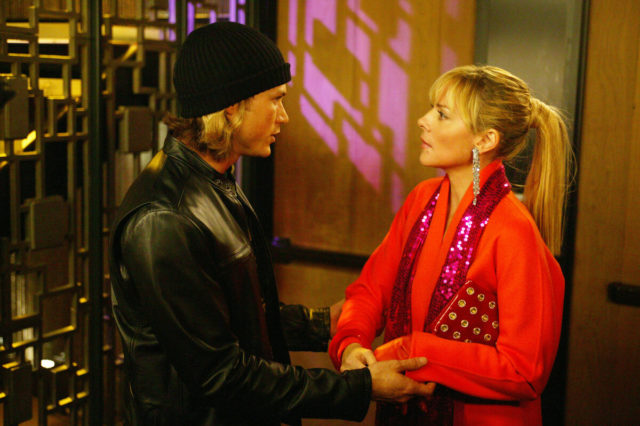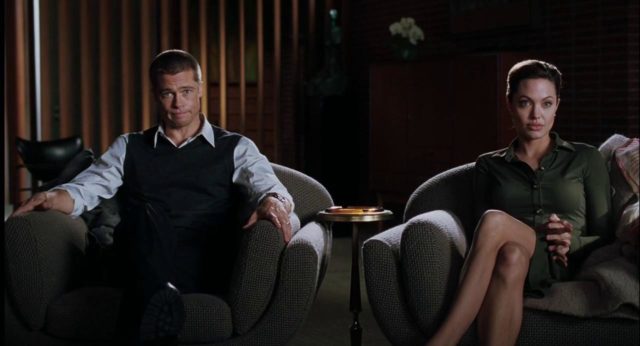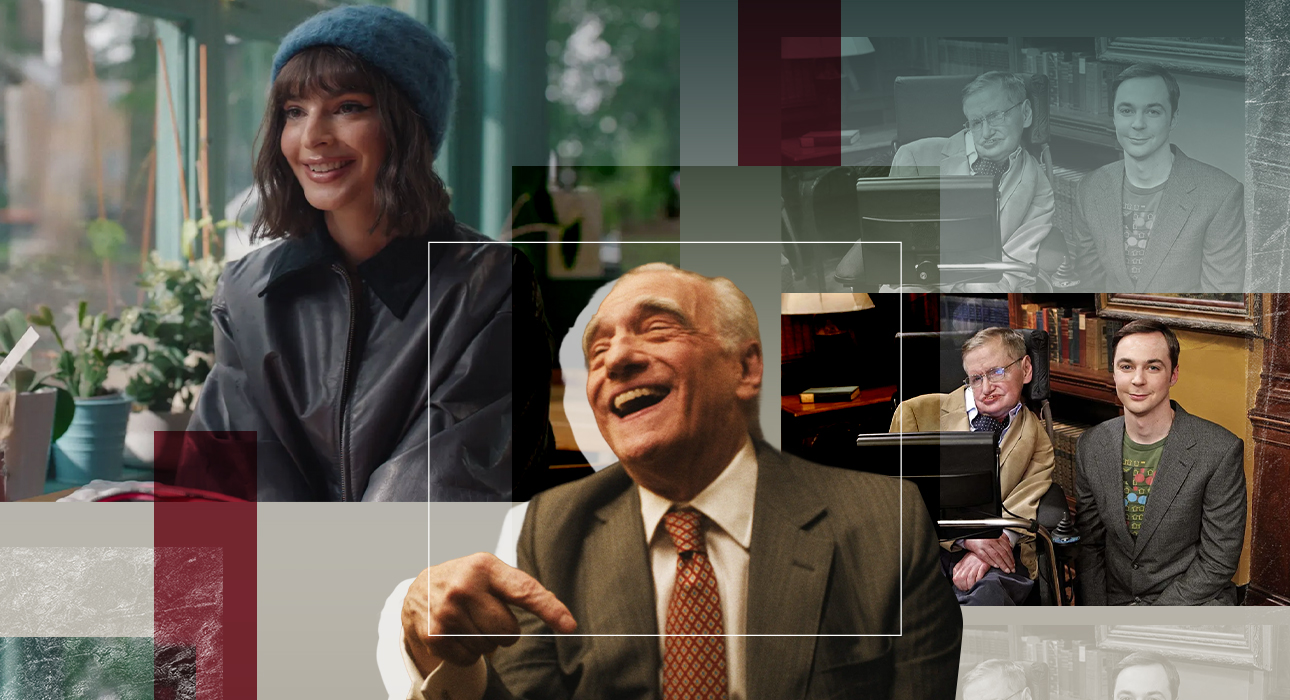What is an open relationship? How do they work? Is it suitable for everyone? We address these and other questions with Andrey Zberovsky, doctor of science, professor and psychologist with 27 years of experience!

What is an open relationship?
A free relationship between a man and a woman is one that includes the freedom to communicate with a permanent partner, as well as the freedom to contact other members of the opposite sex when there is no need to coordinate, report or justify something with a partner.
Does each couple set their own limits of what is allowed? Are there any variations of open relationships?
An open relationship can be partial: when the partners agree with another that it is possible to go to the cinema, cafe, bar, restaurant. Also call, write, receive and give gifts. But close relationships can only be a couple and no one else!

Also, an open relationship can be completed. When partners agree that, despite the depth of their relationship (sometimes even living together and having a common budget), they have the right not only to communicate with people of the opposite sex, but also to have sex with them.
Is it normal to be in an open relationship and be jealous of your partner?
Being in an officially recognized free relationship and being jealous is nonsense! This means that someone misunderstood the meaning of the words or did not clearly define the form of the relationship. The main difference between free relationships and classic love relationships is that jealousy of partners is prohibited; Plus, officially as a couple, they can consider some other options for a life partner or sex partner legally and without hiding. In casual relationships, people start from the fact that their partner is not a temporary transit friend, but a life partner, a “second half” forever; therefore they are jealous, ask their partners to avoid personal contact with people of the opposite sex, try to maintain complete control.

So why do you need an open relationship?
The essence of any free relationship is simple: people want to meet their needs (wholly or partially) in terms of sex, communication, daily life, material and financial aspects, but they do not assume full mutual obligations. Or there is a desire to take on obligations, but there is no time or money yet: you need to work, study, there is no housing. And since unconscious biological needs for communication and sex don’t care about these plausible social shortcomings, the format of an open relationship at least helps to last a while with sex and communication, but it also helps not to spend all the money. and time in relationships.
In what situation would an open relationship work, and in what situation would it not work?
If this suits both partners at the same time, it can take a long time and usually ends in a calm breakup. If this suits only one of the partners, it does not last long and often ends in a scandal. After that, people either change the form of the relationship to something more serious or break up. If it doesn’t suit any of these spouses, they talk seriously and increase the seriousness of the relationship.

Can an open relationship save a marriage or just a long-term human union?
Returning to a partially open relationship makes it technically more legal and morally comfortable to try and develop another relationship. Up to parting in a completely free relationship with sex with another partner.
Often times, going back to an open relationship completely kills the relationship. If in other respects everything turns out to be worse than before, partners can reset them, shake them up, talk and escalate their status to completely serious ones. But there’s a catch: jealousy from personal or sexual contacts that do occur, often like sulfuric acid, begins to erode even formally strengthened relationships, and will inevitably make everything worse, present or future. In general, if returning to an open relationship helps save a couple from breaking up immediately, unfortunately, a man and a woman can already break up from marriage. Then, because of their jealousy and resentment, the born children may already suffer … So, to be honest, the return to freedom often either does not work at all or only prolongs the relationship for a while.

Should I try to make this transition myself or consult a psychologist?
If the transitions to the degree of seriousness in free relationships are quite easy for any couple in love, then the transitions from “serious to frivolous” should either be done correctly with the help of a psychologist, or they should be honestly noticed and voiced to the partner. These claims because it is a rollback. Because if this is not done on time, the relationship dies.
For me as a psychologist, open relationships are mostly psychologically painful ones. As a rule, for one of the partners, but sometimes for both, if they are too shy, afraid to say the cherished words: “I love you!” or “Sorry, we better break up!”
In general, let the free relationship last as little as possible in the beginning and let it not exist at all in the end.
Source: People Talk
Errol Villanueva is an author and lifestyle journalist who writes for The Fashion Vibes. With a passion for exploring the latest trends in fashion, food, travel, and wellness, Errol’s articles are a must-read for anyone interested in living a stylish and fulfilling life.





